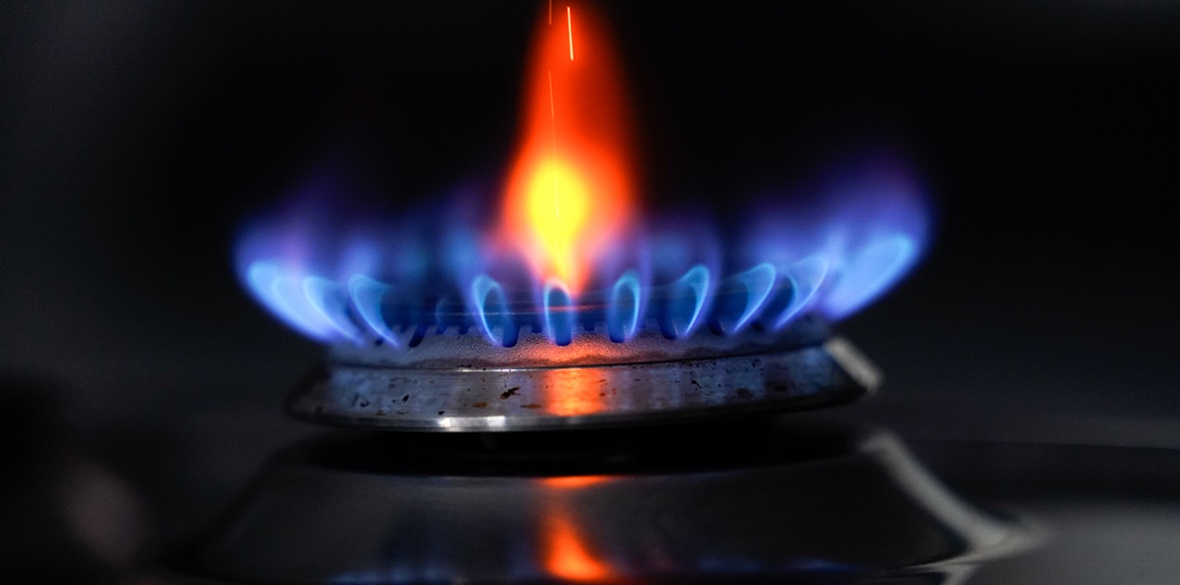This is the last article you can read this month
You can read more article this month
You can read more articles this month
Sorry your limit is up for this month
Reset on:
Please help support the Morning Star by subscribing here
FUEL poverty will triple and hit six million households when energy prices rocket by more than half next month, a coalition of campaign groups warns.
And a stark study by the End Fuel Poverty Coalition has revealed the streets where almost everyone will be in fuel poverty — hitting “red wall” constituencies hard.
Worst hit will be working-class areas in the Midlands and Yorkshire including Bushbury South and Low Hill area of Wolverhampton, with 88 per cent of homes in fuel poverty.
Washwood Heath in Birmingham, Castle and Priory in Dudley, Shelton in Stoke will see more than 80 per cent in fuel poverty and Smallbridge and Wardleworth in Rochdale, Bramley in Leeds, Richmond in Sheffield, Derwent in Derby and Nechells in Birmingham with just under 80 per cent.
Even parts of Chancellor Rishi Sunak’s Richmond constituency in rural North Yorkshire are not immune, with 14,000 households suffering fuel poverty.
Campaigners also highlighted the fact that England’s rural residents have some of the hardest to heat homes.
Paul Dixon of Action with Communities in Rural England pointed out that “about a million households rely on heating oil, which has increased in price by more than three times since the same period last year.”
The looming crisis, which will pile the pressure on Mr Sunak to act ahead of his Spring Budget this week, will no longer leave poor households to choose between eating and heating — because they be unable to afford either, the group says.
William Baker, of Solutions to Tackle Energy Poverty, said local authorities face a “tsunami of fuel poverty” in coming months and needed government resources to deal with it.
Fuel poverty is defined as “the condition of being unable to keep one’s home adequately heated” and currently affects 1.4 million to two million homes in England.
The End Fuel Poverty Coalition annually publishes research-based projections on the problem of fuel poverty.
The projections have repeatedly been proved accurate when government statistics emerge, usually two years later.
End Fuel Poverty Coalition co-ordinator Simon Francis said: “Energy prices were rocketing before the Russian invasion of Ukraine as this data shows.
“Since 2019 households across the country have been feeling the squeeze as the implications of the government’s inaction on fuel poverty have been realised.
“Charities and campaigners have been warning for years that fuel poverty is a social justice crisis, a public health emergency and a national security priority, but the government took little action.”
He said the government had talked about the problem but failed to act.
“We need to see urgent help for households in fuel poverty now combined with a long-term plan to improve energy efficiency of our homes and investment in a sustainable, renewable-led, energy mix,” he said.
Ruth London from Fuel Poverty Action said: “Bad housing, profiteering on energy, and government foot dragging on the urgent switch to renewable energy have combined to create a disaster for millions of people.”
She said the fuel pricing system discriminated against the worst-off, with higher standing charges and meter costs.
“Just how much injustice and deprivation do they think people will put up with?” she said.
Jo Gilbert from Butterfly Energy said: “The government needs to stop knee-jerk responses and to take long-term sustainable action.”
And Chartered Institute of Housing head of policy Rachael Williamson warned that without government action “we will see many more households and families plunged into poverty.”

 Peter Lazenby
Peter Lazenby









